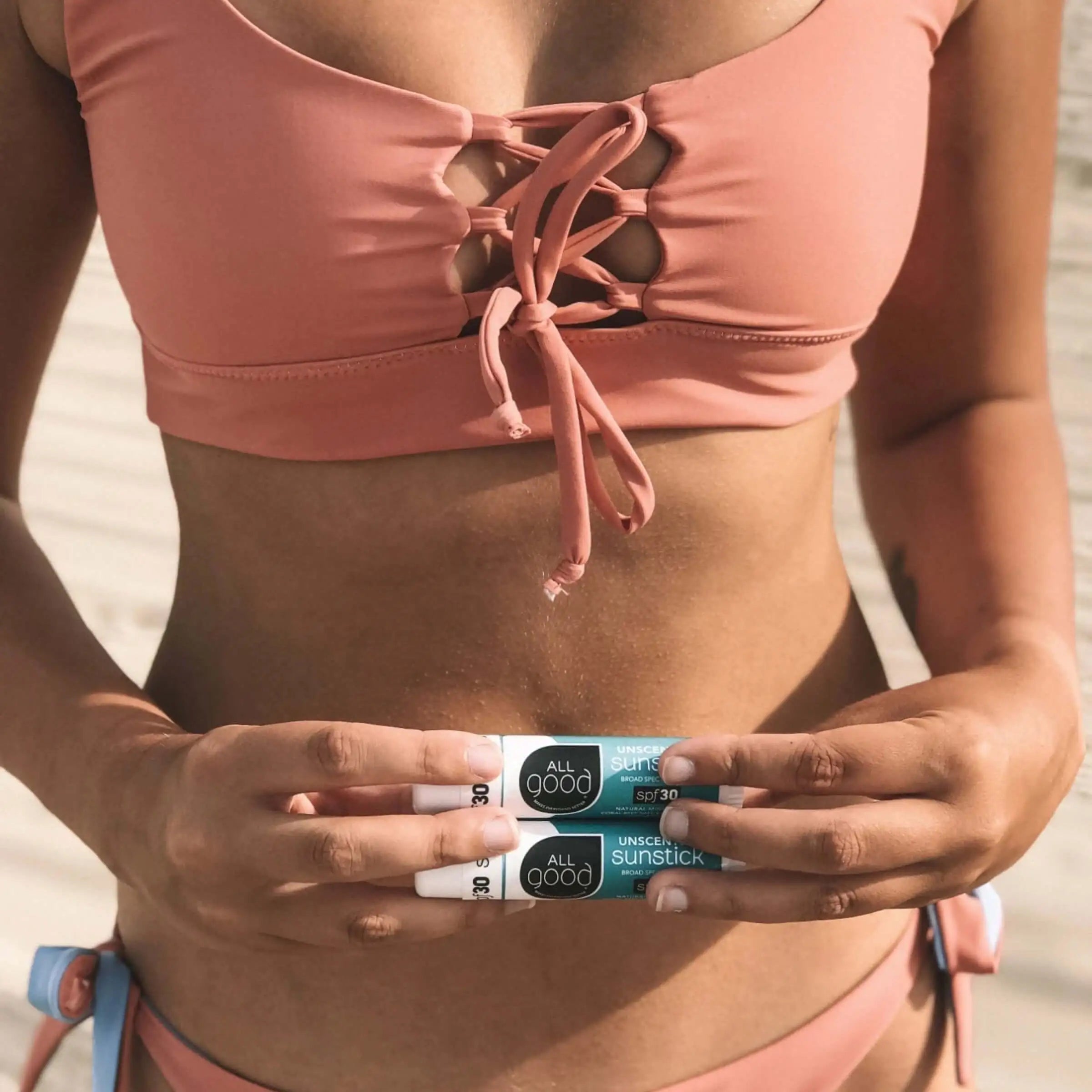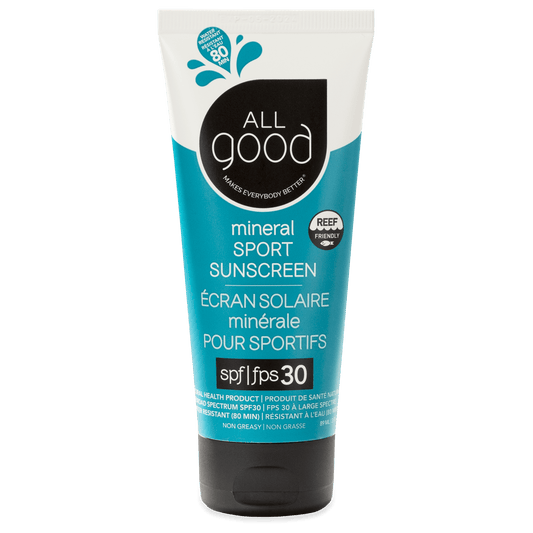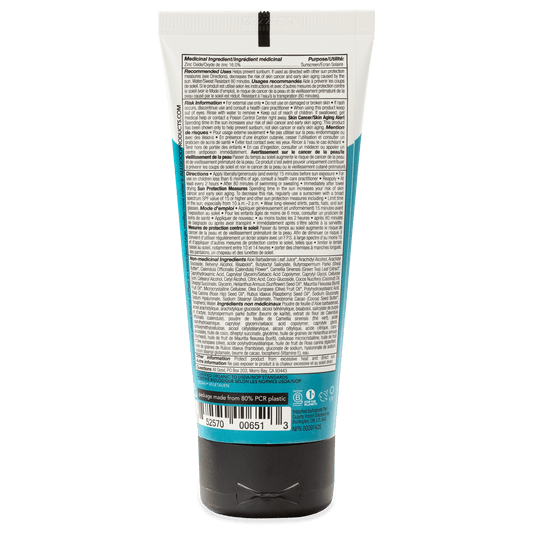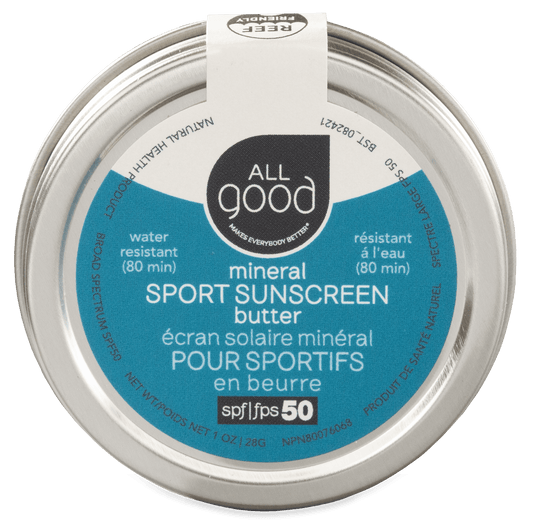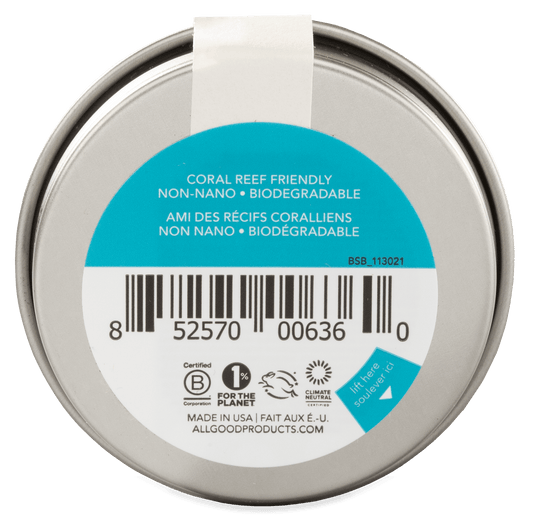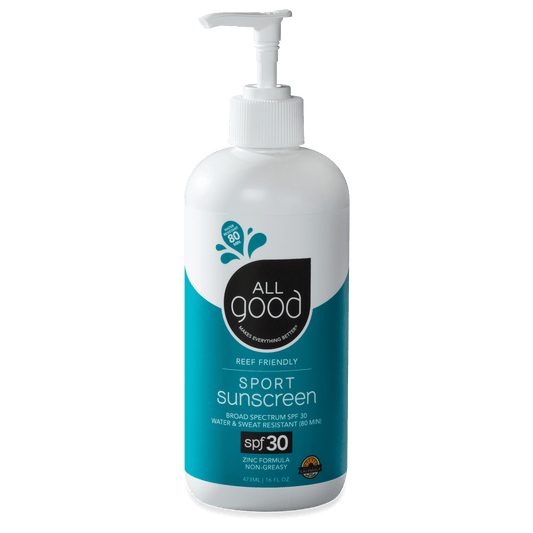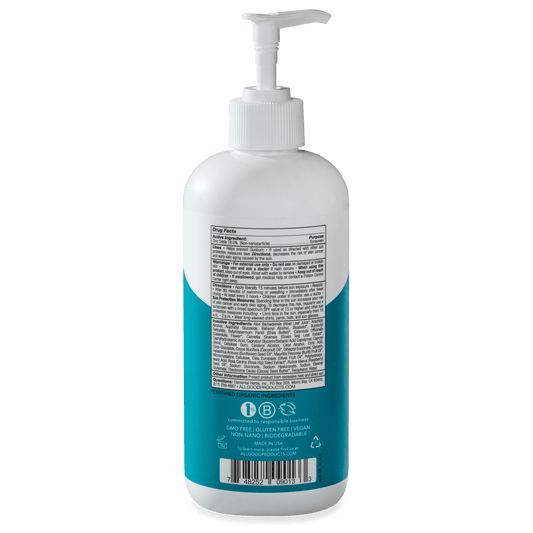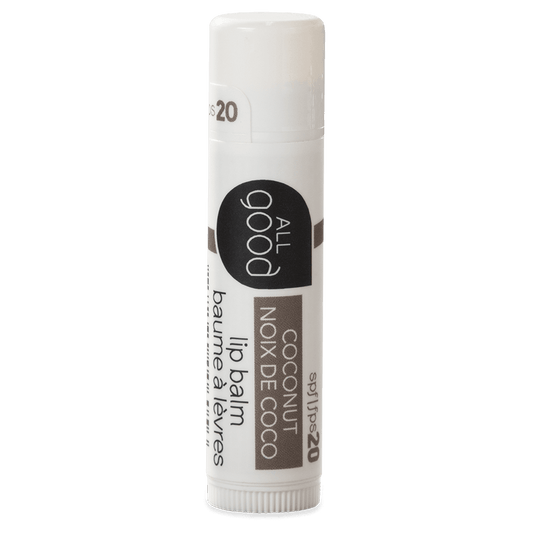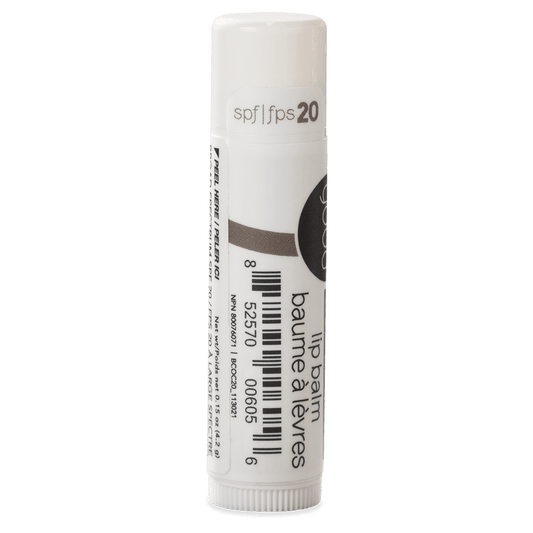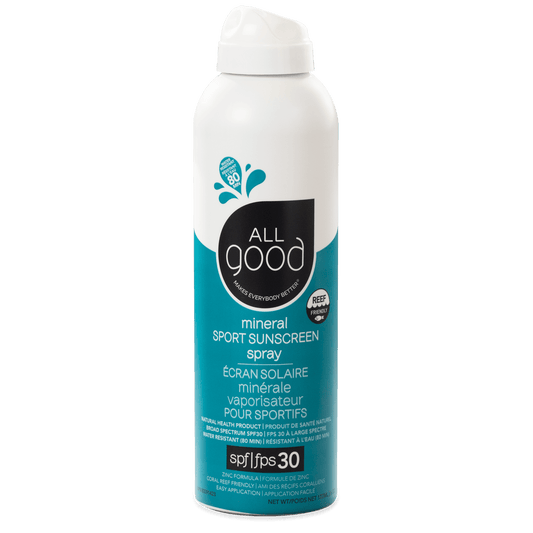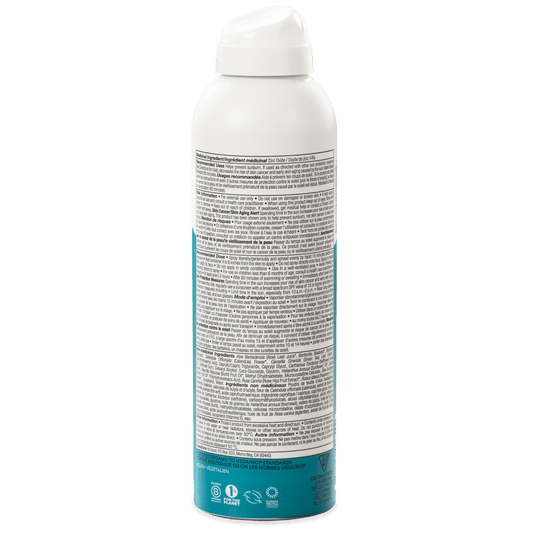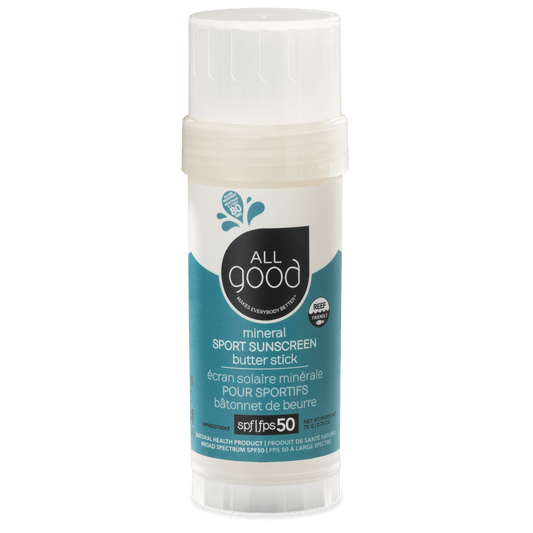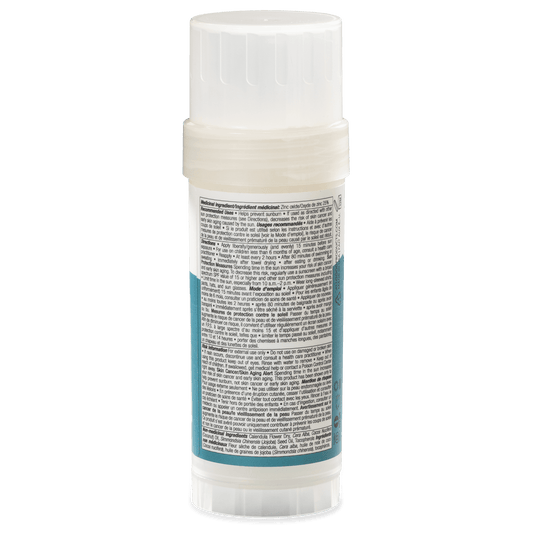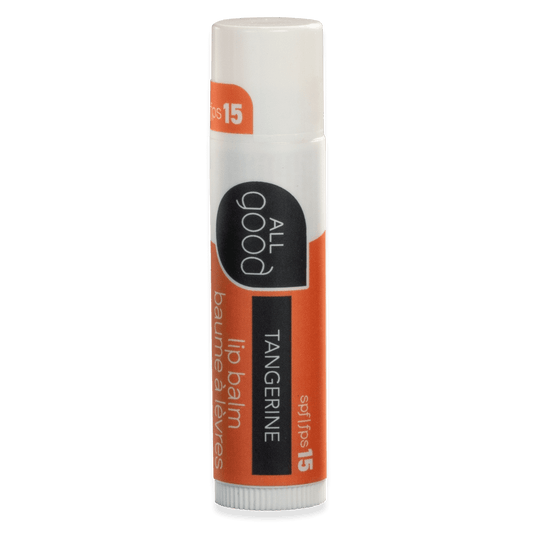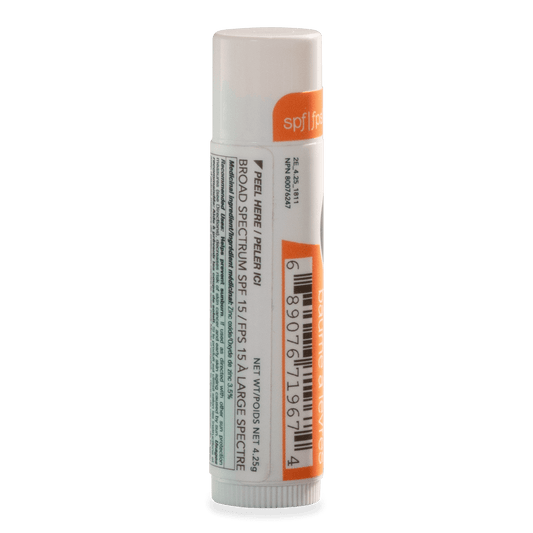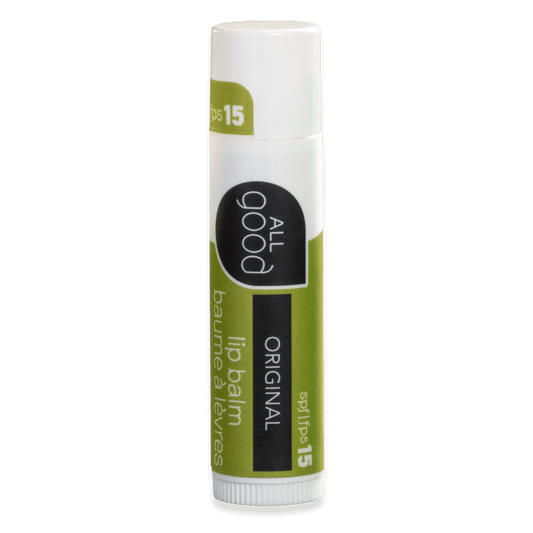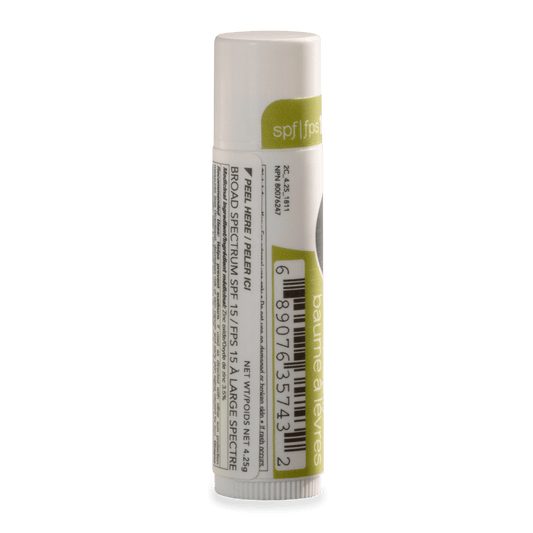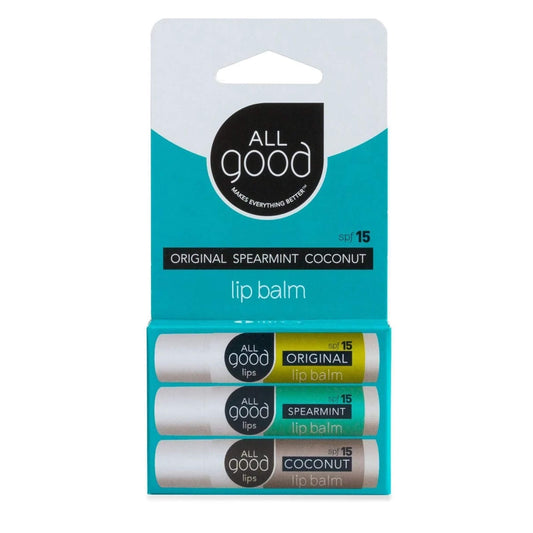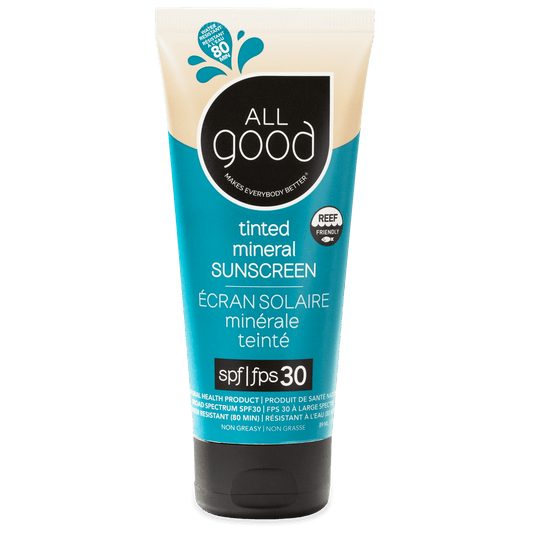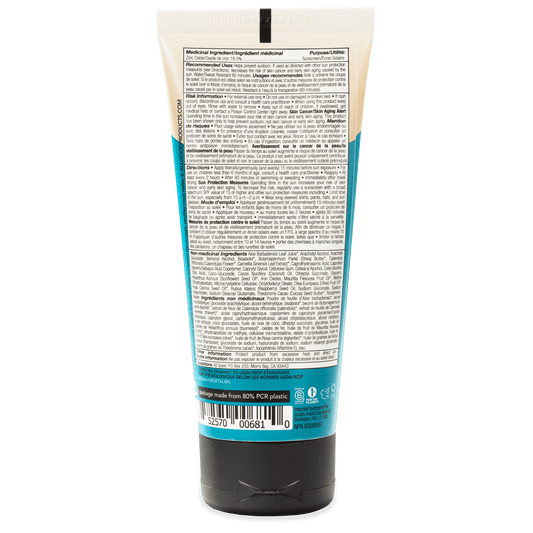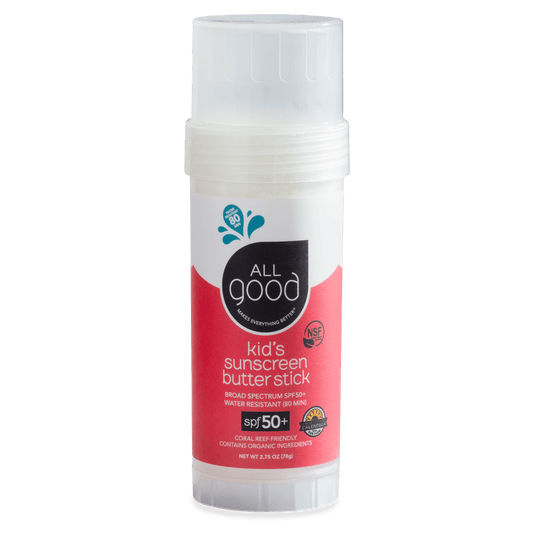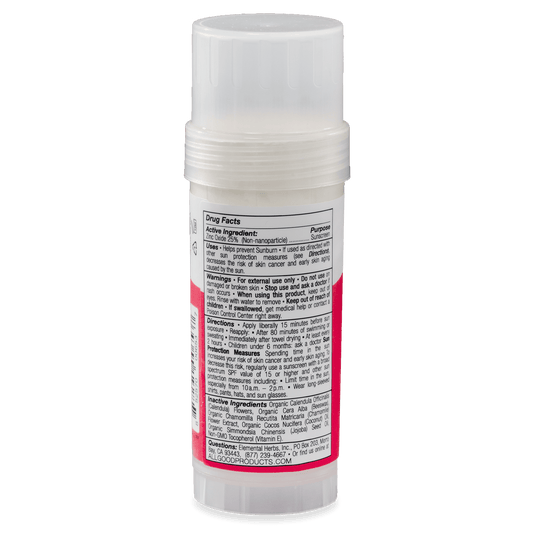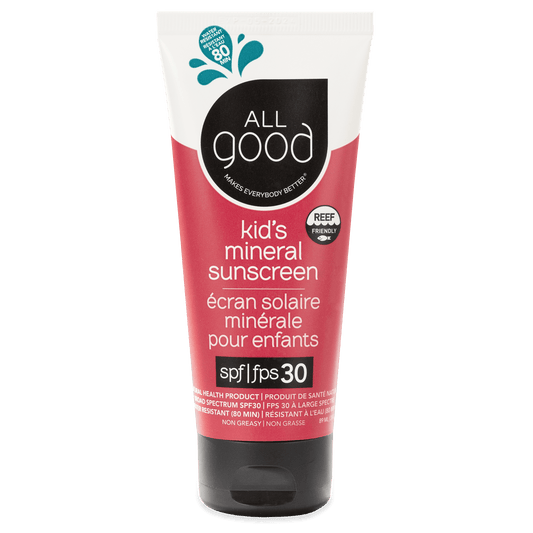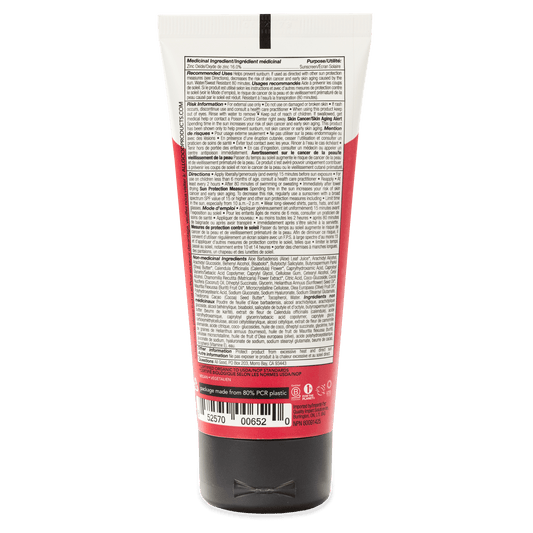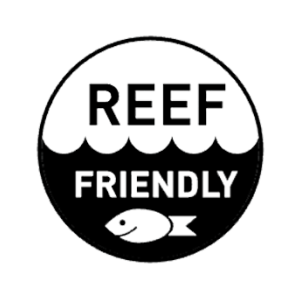
Reef Friendly

Good for you,
Good for the oceans
Conventional sunscreens contain chemicals that can damage coral reefs. When swimmers or surfers wearing these sunscreens enter the ocean, or even when washed off in a shower, the harmful substances persist and flow into marine environments.
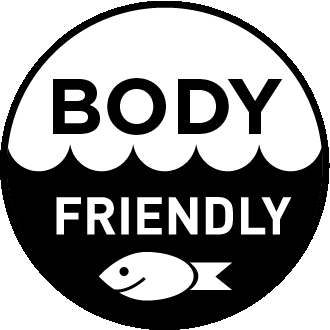
How do I know if a sunscreen is “reef friendly”?
When you’re shopping for reef-friendly sunscreen, there are a few main ingredients to avoid. Chemicals such as oxybenzone and octinoxate are harmful to coral reefs. These chemicals can cause sunscreen-induced coral bleaching. When shopping for reef-friendly sunscreen, look for a “reef-friendly” label or the absence of oxybenzone and octinoxate.
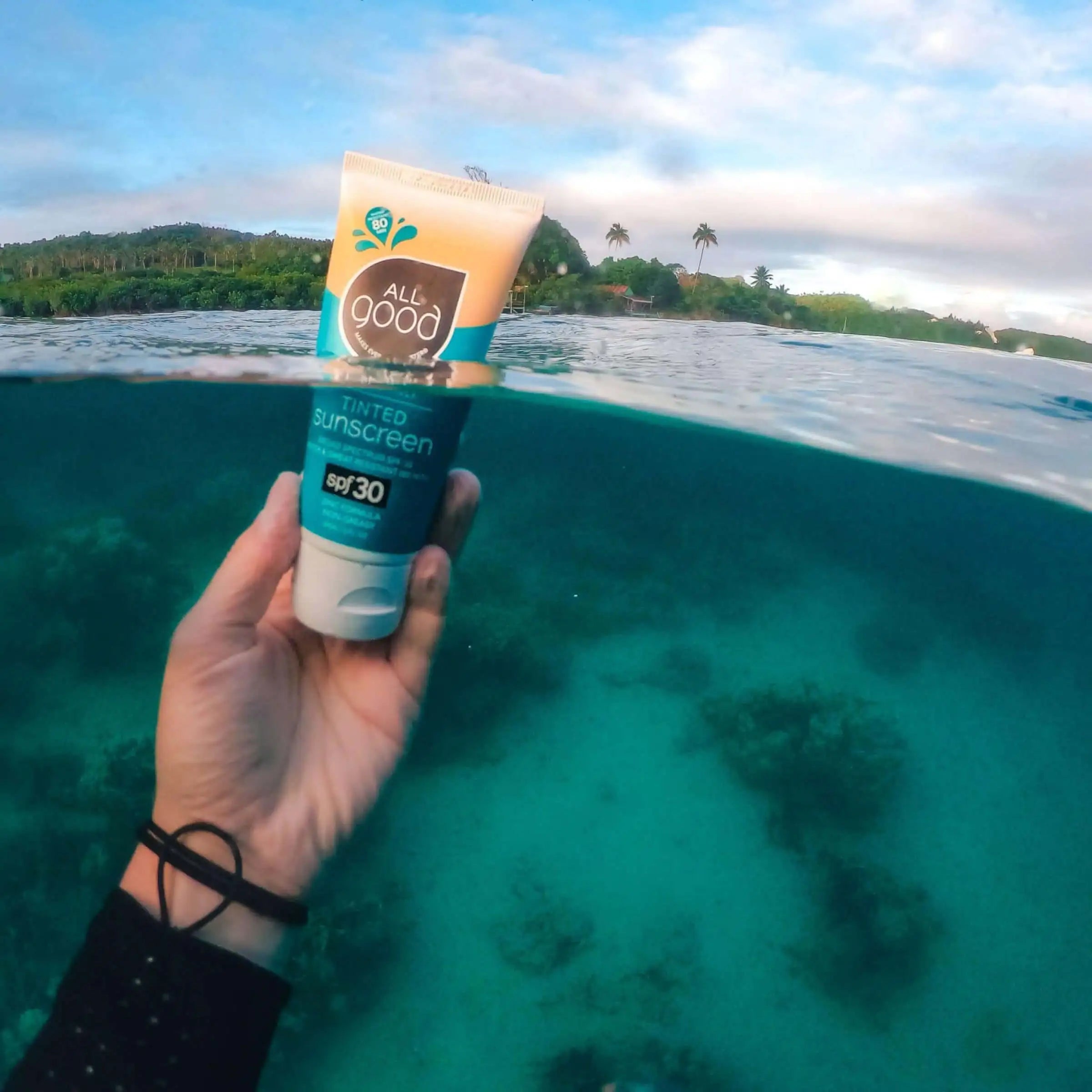
Mineral Sunscreen 101
Conventional sunscreens contain chemicals that can damage coral reefs. When swimmers or surfers wearing these sunscreens enter the ocean, or even when washed off in a shower, the harmful substances persist and flow into marine environments.
Sunscreen Ingredients That Are Harmful To Reefs
Sunscreen Ingredients That Are Harmful To ReefsOxybenzoneOctinoxateOctocrylenePABA (Aminobenzoic Acid)EnzacameneOctisalateHomosalateAvobenzone2. Preservatives & AdditivesMethyl ParabenEthyl ParabenPropyl ParabenButyl ParabenBenzyl ParabenPhthalatesTriclosan Microbeads (plastic)Phenoxyethanol
Tips for Avoiding Toxic Products
Look for unscented, oxybenzone-free, mineral-based sunscreens that use raw elements instead of synthetic ones and exclude the “unsafe” ingredients and preservatives that disrupt human hormone function or bleach coral. The only way to really know is to read the labels and look for the toxic ingredients.
Reef Friendly Ingredient: Zinc Oxide
Zinc oxide is derived from the mineral zinc. It’s able to block UV (especially UVA) rays just as effectively as any of the Awful Eight. Because it’s mineral-based, it won’t seep into your skin to risk your health, is less harmful to coral, and is not known to cause coral bleaching. With that said, avoid sunscreens with zinc oxide that are labeled as “clear zinc” or “transparent”. They’re likely to use zinc oxide nanoparticles (very very small-size particles of zinc oxide) to achieve this transparency, which scientists have found toxic to sea creatures and coral. So look for non-nano zinc sunscreens.
Reef Friendly Ingredient: Titanium Dioxide
Like zinc oxide, sunscreens that contain titanium dioxide are mineral-based. Titanium dioxide is a great alternative to oxybenzone and octinoxate. It provides effective protection against UV rays (especially UVB). Sunscreens created with both zinc oxide and titanium dioxide can offer broad spectrum protection against both UVA and UVB rays. However, make sure that the titanium dioxide in your sunscreen is non-nano. Like zinc oxide, titanium dioxide nanoparticles can clog coral when ingested and lead to coral bleaching.
